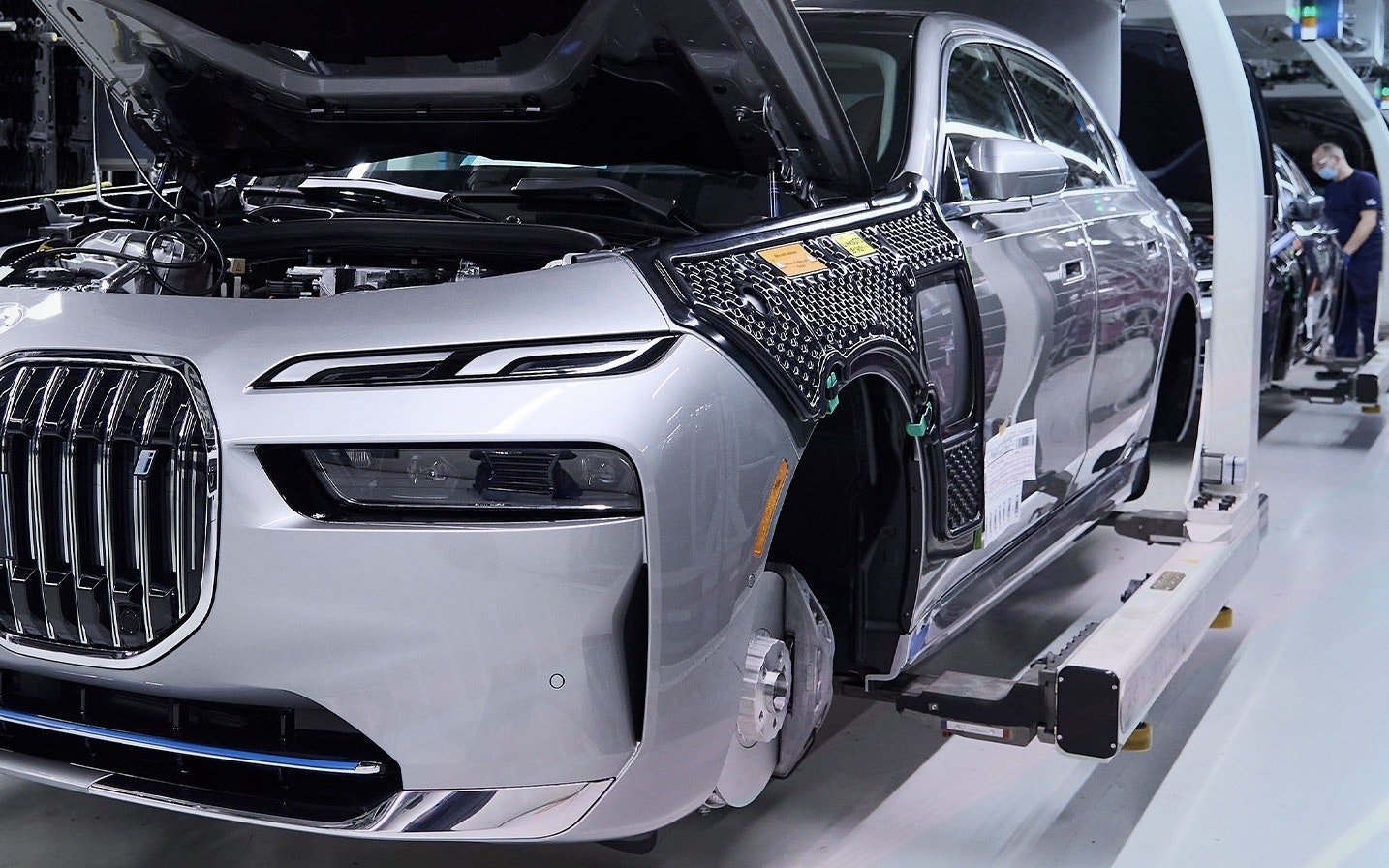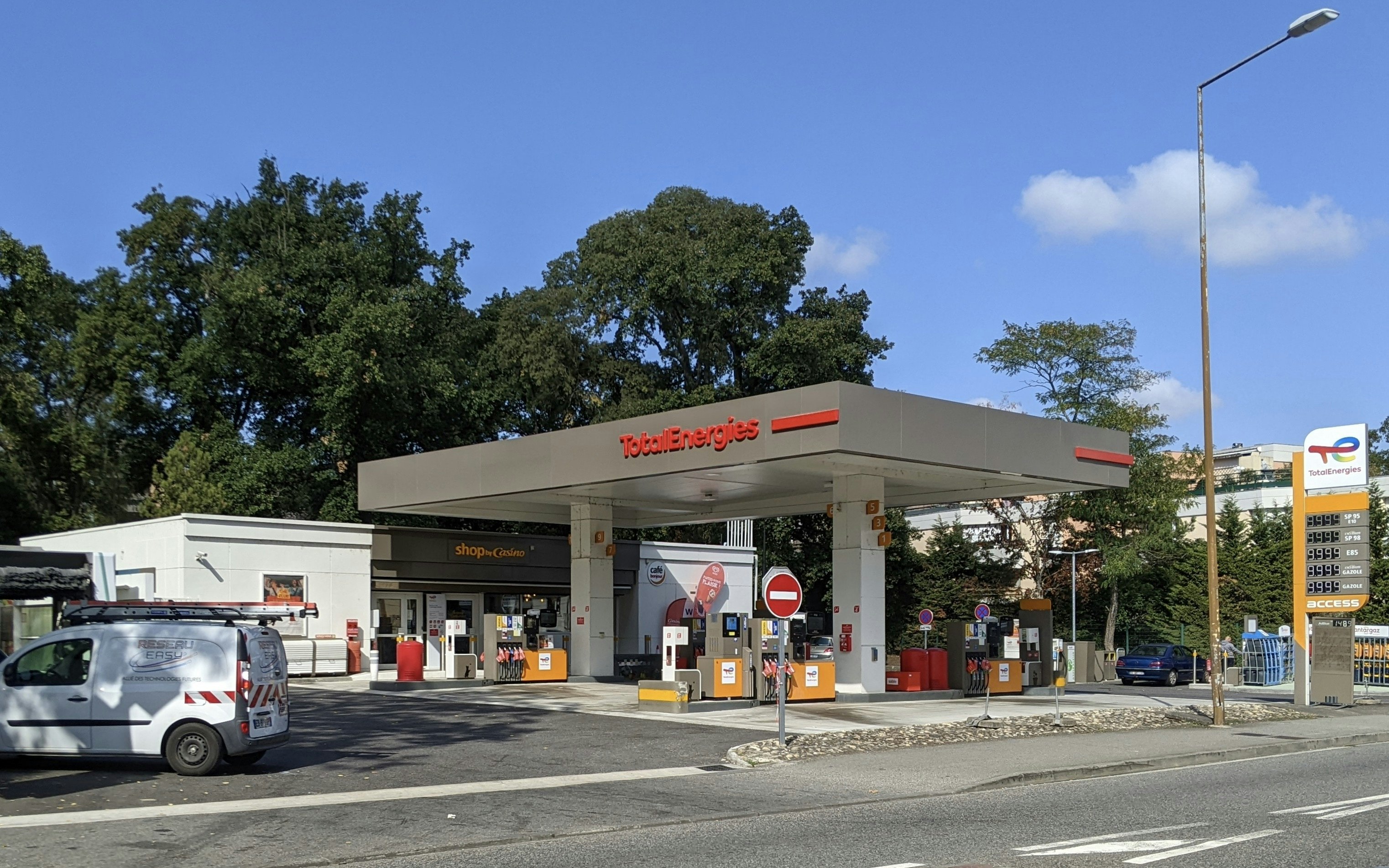BMW Invests in the Future: In just two years, the automaker wants to bring a new generation of electric cars to the market, promising 30 percent more range and charging speed. Head of Production, Milan Nedeljkovic, gave the green light on Thursday for the sample production of the necessary battery cells in the small pilot plant in Parsdorf, near Munich. These battery cells will be used in the models of the "New Class" starting from 2025.
The pilot plant enables BMW to optimize the battery cell they developed themselves along with future suppliers, and to try out mass production. One million cells can be produced here annually. Experts from purchasing, research, development, and production will collaborate to achieve the long-term goal of a fully recyclable battery cell.
This is economically necessary according to the company, given the cost of raw materials. The car manufacturer has already produced the first battery cells from 100 percent recycled cathode material.
In cell production, graphite for the anode and nickel oxides for the cathode are first mixed with binding and dissolving agents and applied to extremely thin metal foils, "thinner than the threads of a spider's web." The coated foils are then inserted into the cell casing, which is filled with electrolyte. The tubular battery cells are about ten centimeters high.
Subsequently, they will be assembled by BMW into large, heavy high-voltage storage units in their own battery factories close to the car factories. The first models of the "New Class" are expected to roll off the assembly line in Debrecen, Hungary and at the main plant in Munich.
To secure future viability as an industrial location, BMW relies on the strengths of the country: the education system and the first-class research network. Therefore, the company has set up its competence center for battery cell production in Parsdorf for 170 million euros. Regarding the current situation, Nedeljkovic strongly criticized the federal government and the EU.
The economy is "increasingly confronted with short-term legislative changes and growing bureaucracy", which slows down investments and makes the industrial location lag behind in international comparison, emphasized the BMW production chief. Uncertain transport routes, high energy costs and inadequate network coverage are not acceptable for a modern industrial location.
Therefore, Germany and Europe must ensure that they do not fall behind in competition with other economic areas. However, the challenges are solvable as long as reliance is placed on the country's strengths, such as the competence center for battery cell manufacturing. This shows that BMW is also equipped for the future and will maintain its leading role as a manufacturer of high-quality electric cars.








